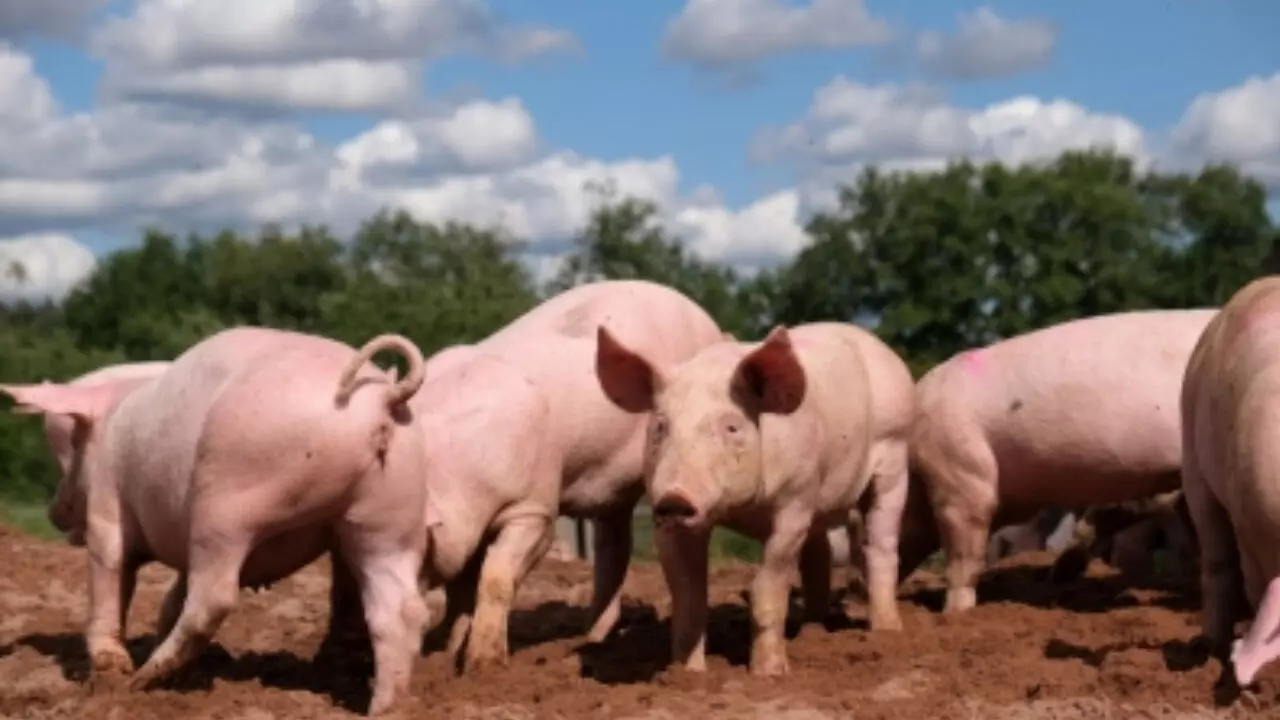African swine fever outbreak spurs emergency response in South Korea
The government here said on Saturday it has ramped up disinfection efforts and inspections following a confirmed African swine fever (ASF) outbreak at a pig farm in Gimpo, Gyeonggi Province, aiming to prevent the disease from spreading as the nation prepares for the upcoming Chuseok holiday
image for illustrative purpose

Seoul, Aug 31: The government here said on Saturday it has ramped up disinfection efforts and inspections following a confirmed African swine fever (ASF) outbreak at a pig farm in Gimpo, Gyeonggi Province, aiming to prevent the disease from spreading as the nation prepares for the upcoming Chuseok holiday.
The Central Disaster Management Headquarters convened an emergency meeting to review and implement preventive measures, particularly critical with Chuseok approaching in two weeks.
The outbreak, confirmed on Saturday, marks the country's eighth ASF case this year. The previous case was detected on August 12 at a pig farm in Yeongcheon, 246 kilometers southeast of Seoul, reports Yonhap news agency.
Authorities are investigating the affected farm and have implemented emergency quarantine measures to prevent ASF from spreading to nearby pig farms. Disinfection operations are also being conducted at approximately 400 pig farms in Gimpo and neighboring cities and counties.
The government said it will conduct more detailed, clinical inspections when pigs are transported from pig farms in Gyeonggi Province to slaughterhouses and other locations. Vehicles entering and leaving the infected farm are being closely monitored and tested.
"Given the trend of ASF outbreaks occurring frequently in autumn, there is a significant possibility of further outbreaks," said Kim Jong-ku from the agriculture ministry, urging regional governments to make their utmost efforts in disinfection.
He also warned that the increased movement of people and vehicles before and during the national holiday could heighten the risk of further spread.
The ministry noted that the culling due to the outbreak at the Gimpo farm accounts for only 0.03 per cent of the country's total pig population, indicating a minimal impact on the local pork market.

